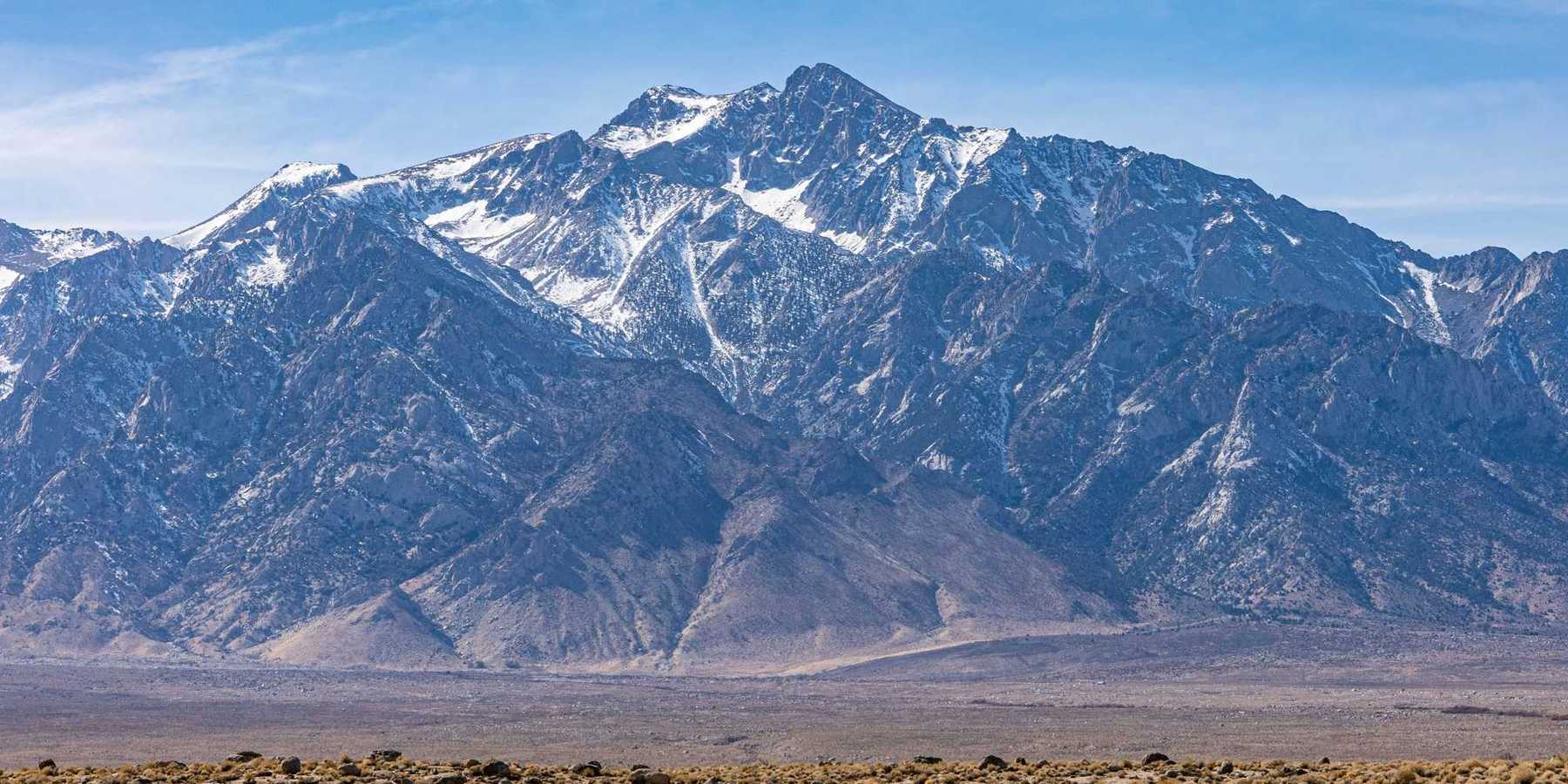rights of nature
Ecuador's nature rights movement faces new challenges amid energy shifts
Fifteen years after Ecuador recognized the constitutional rights of nature, environmental advocate Natalia Greene discusses the ongoing challenges and landmark court victories defending these rights.
In short:
- Ecuador leads globally in nature's rights jurisprudence, influenced by landmark cases like the successful defense of the longnose harlequin frog against mining interests.
- The Constitutional Court has revoked several mining licenses, asserting nature's legal rights, which includes numerous species and ecosystems.
- The nation grapples with illegal mining and drug trafficking that threaten both the environment and local communities.
Key quote:
“We now have a whole generation of young people who have grown up only knowing that nature has rights. The law has influenced peoples’ understanding of nature and that is very powerful.”
— Natalia Greene, judge at the International Rights of Nature Tribunal
Why this matters:
This judicial approach in Ecuador, where ecosystems and species have legally enforceable rights, is reshaping the dialogue around environmental protection. It challenges traditional views that prioritize economic gain over ecological health, and sets a precedent for how nature's rights can be enforced legally. Such jurisprudence provides a robust framework for protecting biodiversity while emphasizing the intrinsic value of nature, independent of its utility to humans.
Countries are starting to give wild animals legal rights. Here’s why
The spirit of the Rillito
Before colonization and the human-centered organized religions that accompanied it, animistic worldviews taught us to listen to the natural world, to move to its beat. For many people, these songs never stopped playing. Others are learning to listen to them anew.
Nearly 200 countries approve a biodiversity accord enshrining human rights and the ‘rights of nature’
Nearly 200 countries have signed off on an agreement that embeds the promotion of human rights and the “rights of nature” into a plan to protect and restore biodiversity through 2030.
A thousand miles in the Amazon, to change the way the world works
Lawyers and justice advocates found fresh evidence and testimony in Indigenous communities and sustainable villages, pressing a new theory of law aimed at recognizing the rights of nature.
Should the ocean have legal rights?
‘Sense of abandonment’ as Chile rejects new constitution
More than 60 percent of Chileans voted against the proposal, which its supporters call feminist, ecological and groundbreakingly progressive.









